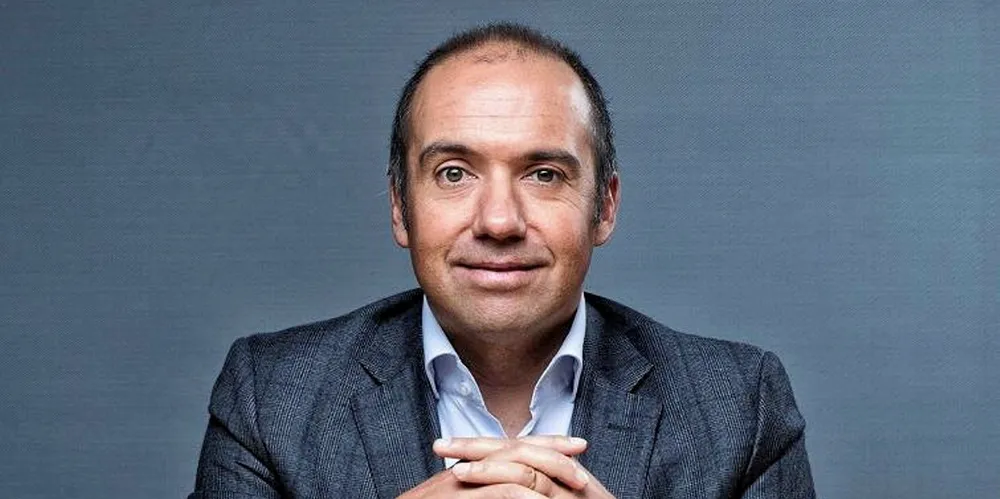Week's top headlines: Salmon farming opposition takes ugly turn; ice brings down feed barge; Brexit hammers Scottish seafood; BioMar CEO's crystal ball
There was no shortage of hard hitting seafood news, features and comment in the second week of 2021.
